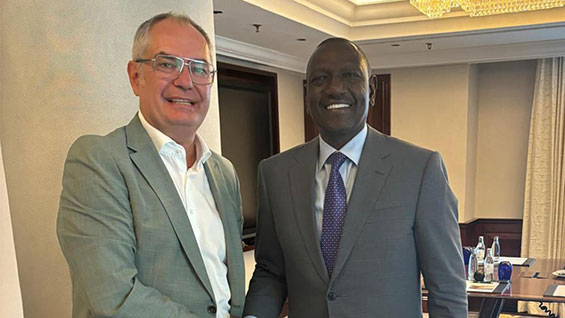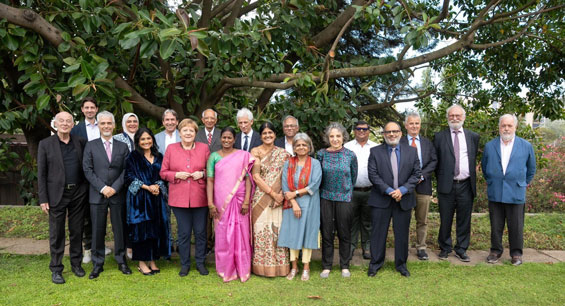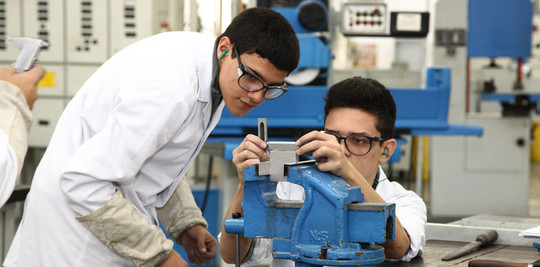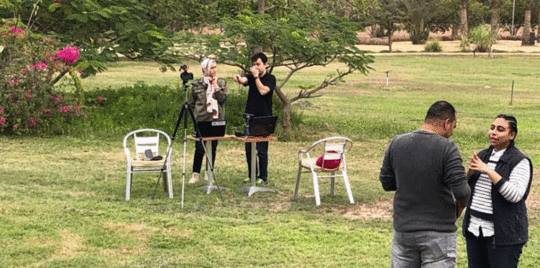Published
Successful completion of BIWAC II project
Successful completion of BIWAC II project
The second phase of the BIWAC (Baverian Institutional Water Cooperation) project in Tunisia was successfully completed at the end of March 2019.
Between January 2018 and March 2019, the project comprised the training of a total of 17 Tunisian trainers in the areas of water supply and sanitation.
The technical topics from the water and wastewater sector were taught in several workshops. The trainers are now in a position to independently formulate learning objectives, plan learning units and create a trainer's guide. All trainers had the opportunity to prepare and present their own learning unit in close cooperation with Bavarian experts during the workshops. The learning units also included the selection of suitable training materials as well as their creation and preparation.
The result was a certification course which, after passing the examination, authorised the participants to conduct special training courses for skilled workers on water supply and wastewater disposal systems. These are to take place in the future in the training room in the agricultural school in Barouta.
The workshops in Tunisia were held in close cooperation with Tunisia's agricultural schools and water supply and sanitation companies (AVFA, ONAS and Sonede), which report to the Ministry of Agriculture, Water Resources and Fisheries and the Ministry of the Environment in Tunis.
Furthermore, the construction of a photovoltaic system at the pumping station in Kalaat al Andalus was initiated as part of the project. The photovoltaic system will significantly reduce the energy costs for the pumping system after completion.
The third phase of the project is expected to begin in the second half of 2019. In this phase, the certified trainers will conduct their first own workshops for skilled workers on water supply and wastewater disposal plants with the support of Bavarian experts. In cooperation with the two ministries in Tunis, an examination commission is then selected to examine the trained skilled workers. The improved qualification of the employees at the plants will ensure sustainable operation of the plants in Tunisia.








